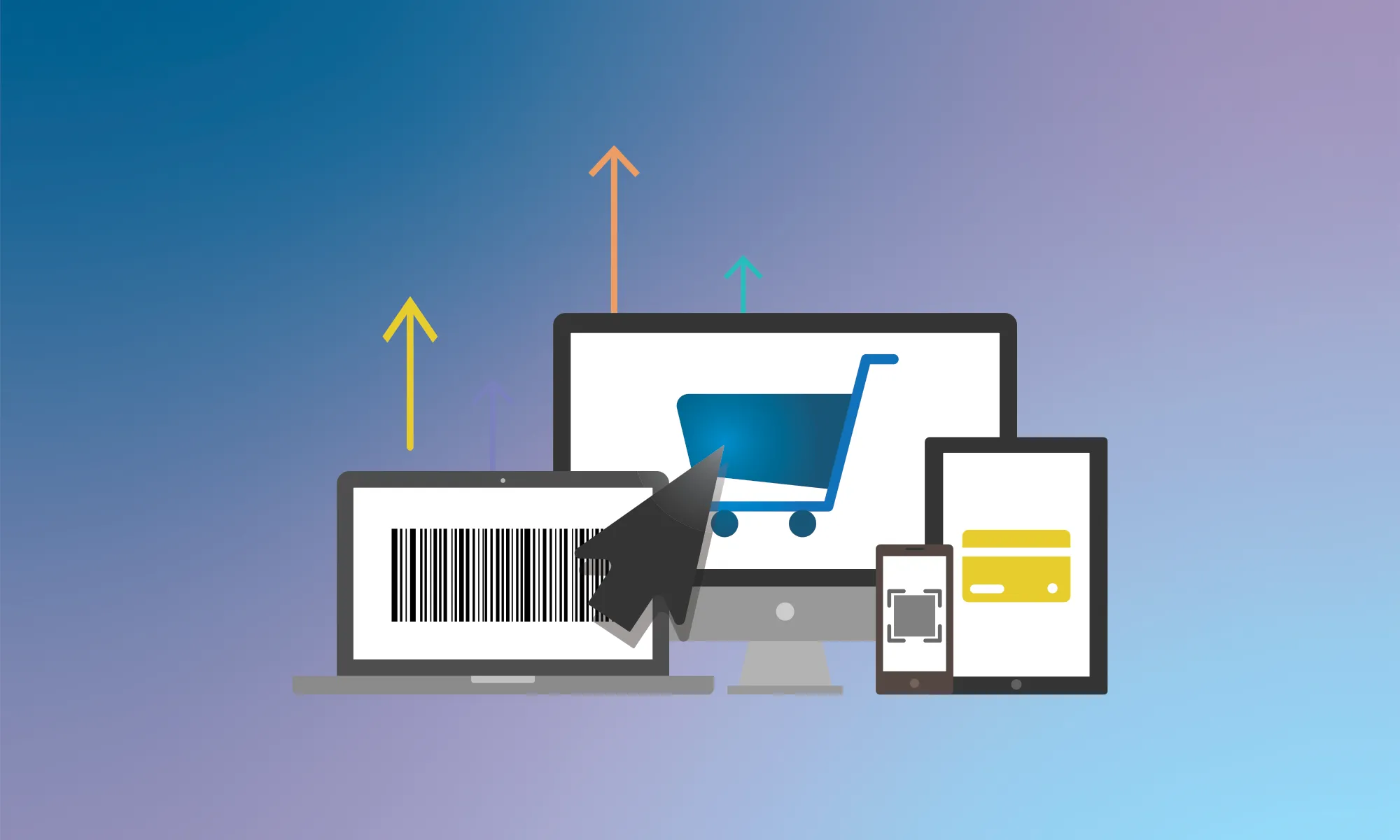The Making Tax Digital (MTD) initiative by HMRC represents a significant shift in the UK tax system, aiming to simplify and streamline tax processes through digitalization. However, the initial implementation unveiled several hurdles, leaving many taxpayers grappling with the transition. This blog post addresses MTD’s requirements, common pain points, provides updates on the initiative, and offers guidance to help you navigate the changes smoothly.
What Is Making Tax Digital (MTD)?
MTD is a government initiative aimed at modernizing the UK tax system. It requires taxpayers to maintain digital records and use compatible software to submit tax information to HMRC. The initiative targets various tax types, including making tax digital for VAT, making tax digital for income tax and making tax digital for corporation tax, and it applies to a wide range of taxpayers, from sole traders to partnerships and large businesses.
Key Components of MTD:
- Digital Records: Taxpayers must keep and preserve records digitally.
- Compatible Software: Use of approved accounting software or bridging software to submit tax returns.
- Real-Time Updates: Submissions of income and expenditure updates in real-time, enhancing accuracy and reducing errors.
MTD for Value Added Tax (VAT)
MTD for VAT was first introduced in 2019. As of 1 April 2022, all VAT-registered businesses are required to keep digital records and file VAT returns using compatible software. Taxpayers who fail to comply with MTD requirements can incur severe penalties.
Exemptions from MTD for VAT:
Some taxpayers are exempt from MTD for VAT, in particular in cases where:
- There is already an exemption from online VAT filings.
- There is an insolvency procedure going on.
- It is not practical to use electronic tools to keep digital records or file VAT returns for reasons such as disability, age, or location, e.g., impossible internet access.
- The business is run by members of a religious society whose beliefs are incompatible with the use of electronic methods.
It is possible to request an exemption on the basis of the circumstances listed above by contacting HMRC.
Specific requirements:
All VAT-registered Taxpayers in the scope of MTD for VAT are required to:
- Keep digital records: Records and accounts must be maintained and preserved in electronic format. In principle, all the information necessary to complete VAT returns needs to be kept in digital format.
- Use compatible software: The software must be able to maintain digital records and have a specific integration with HMRC to submit VAT returns and receive information from HMRC. It is possible to use different tools to perform these functions as long as the digital-link between the different applications is maintained.
MTD for Income Tax (ITSA)
MTD requirements will soon affect self-employed or landlords based on the deadlines below:
DeadlineTaxpayersApril 2026Business or property income over £50,000April 2027Business or property income over £30,000
Self-employed or landlords can already sign up to be part of a live pilot to test and develop MTD for Income Tax.
Apart from being required to keep and preserve digital records, taxpayers in the scope of MTD for Income Tax will be required to send to HMRC quarterly income and expenditure updates.
MTD for Corporation Taxes
Corporation tax is not currently in the scope of MTD; however, HMRC launched a consultation in 2020, and a pilot scheme may be introduced in the future.
Long-term benefits of MTD
The MTD initiative contributes to the modernization and digitalization of the UK tax system. The benefits include:
- Improved accuracy of digital records, which will contribute to the reduction of errors in tax filings related to manual processes.
- Streamlined the tax reporting process by incentivising customers to use software for the submission and preparation of tax returns.
- Reduction of the overall tax gap, ensuring that taxpayers pay the correct amount of tax.
- Increased productivity by empowering HMRC and taxpayers to get valuable real-time insights from tax data.
Understanding the Challenges of Making Tax Digital
When Making Tax Digital for VAT was first introduced, many taxpayers faced challenges. The complexity of adoption, compliance challenges, and system limitations created a rocky start for both taxpayers and the tax authorities. Common issues included:
- Complexity in Adoption: Many businesses, particularly small ones, struggled to understand and implement the necessary changes.
- Feedback and Compliance Challenges: Ensuring accurate and timely submissions proved difficult for some, particularly those unaccustomed to digital records.
- System Limitations: The diverse scenarios among taxpayers often led to mismatches with the MTD system’s capabilities.
Updates and Support for MTD
Since its launch, HMRC has been actively working to address the initial pain points and make the initiative more accessible. Here’s what you need to know about the current status of MTD and where to find support:
- Enhanced Guidance: HMRC has released detailed guidelines to help taxpayers understand their obligations under MTD.
- Software Improvements: Continued enhancements in accounting software and digital links ensure smoother submissions.
- Support for Diverse Taxpayers: Tailored support for different taxpayer scenarios, including those with property income and complex business structures.
HMRC Website provides comprehensive resources and guides to assist taxpayers, including webinars and a list of recognized software providers to help taxpayers find the right tool for their needs.
Overcoming MTD Challenges with Fonoa's Returns Solution
Compliance and Submissions
Ensuring accurate and timely submissions can be challenging. This is where Fonoa Returns comes in. Fonoa offers a comprehensive tool designed to simplify the MTD compliance process. The solution provides:
- Easy-to-Use Interface: Fonoa's platform is intuitive and user-friendly, making it easier for businesses of all sizes to manage their tax submissions.
- Seamless Integration: Fonoa's solution integrates seamlessly with existing accounting software guaranteeing the integrity of the digital-link when transferring data.
- E-filing capabilities: Fonoa is integrated with HMRC allowing taxpayers to file VAT returns directly from Fonoa’s interface.
- Analytics: Fonoa’s solution provides real–time insights on critical tax metrics allowing increased visibility and control of the compliance process.
Addressing Your System Limitations
If you encounter system limitations, such as issues with submitting VAT returns or managing digital records, Fonoa's Returns Solution offers support to handle these challenges. Features include:
- Bridging Software: Fonoa provides bridging software to facilitate smooth data transfer to HMRC for those who still rely on spreadsheets.
- Compliance Support: Fonoa ensures that all submissions meet HMRC requirements, reducing the risk of non-compliance.
- Tailored Solutions: Whether you are a small business, a sole trader, or part of a larger organization, Fonoa's solutions are tailored to meet your specific needs.
Fonoa’s comprehensive platform is designed to streamline your tax processes, ensure compliance, and reduce the administrative burden.
Whether you are self-employed, a small business, or part of a larger organization, understanding MTD and utilizing the right tools and support, such as Fonoa's Return Solution, will help you manage your tax obligations more efficiently. For further guidance, visit the HMRC website.
Stay informed, stay compliant, and confidently embrace the digital future of tax. Contact Fonoa today!

















